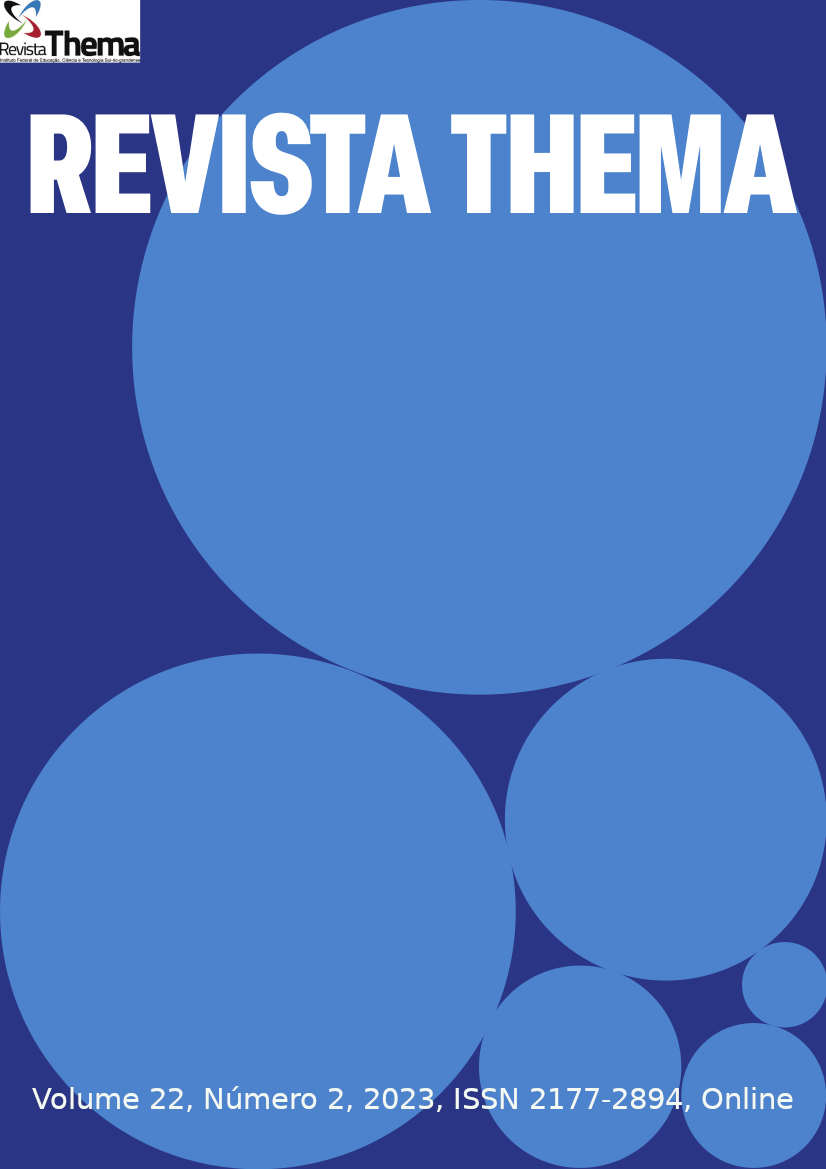Dropout in Professional and Technological Education
dropout motivations of the Construction Degree Program students, enrolled in the first semester of the Pandemics – Instituto Federal Sul-rio-grandense – Campus Pelotas
DOI:
https://doi.org/10.15536/thema.V22.2023.512-529.3255Keywords:
dropout, Professional and Technological Education, technical degreeAbstract
The article presents the results of a research which aims to identify the motivations that led students to quit from the Construction Program of the Sul-rio-grandense Federal Institute (IFSul), Pelotas Campus. These students enrolled during the first semestre of the Pandemic year. Dropout is assumed as a complex factor, which comprehends a group of institutional and individual factors. Considering these factors, students who dropped out answered a questionnaire/survey, done by phone contact. Nine students from a target of eighteen subjects answered the suryey. The main motivations for dropping out were as follows: the need to work, the lack of flexibility on the program course schedule, the distance from school to work or home, moving to another neighborhood or town, the chance of going to college (university), not finding the program attractive or interesting, not feeling connected to the area or profession. The research doesn’t identify direct effects from the pandemics as a reason for dropping out, however some changes during the educational process might have affected the students’ perception of their drop out process.
Downloads
Downloads
Published
How to Cite
Issue
Section
License
O autor responsável pela submissão representa todos os autores do trabalho e, ao enviar o artigo para a revista, está garantindo que tem a permissão de todos para fazê-lo. Da mesma forma, assegura que o artigo não viola direitos autorais e que não há plágio no trabalho. A revista não se responsabiliza pelas opiniões emitidas.
A Revista Thema é de acesso aberto (Open Access), sem que haja a necessidade de pagamentos de taxas, seja para submissão ou processamento dos artigos. A revista adota a definição da Budapest Open Access Initiative (BOAI), ou seja, os usuários possuem o direito de ler, baixar, copiar, distribuir, imprimir, buscar e fazer links diretos para os textos completos dos artigos nela publicados.
Todos os artigos são publicados com a licença Creative Commons Atribuição-NãoComercial 4.0 Internacional. Os autores mantém os direitos autorais sobre suas produções, devendo ser contatados diretamente se houver interesse em uso comercial dos trabalhos.





